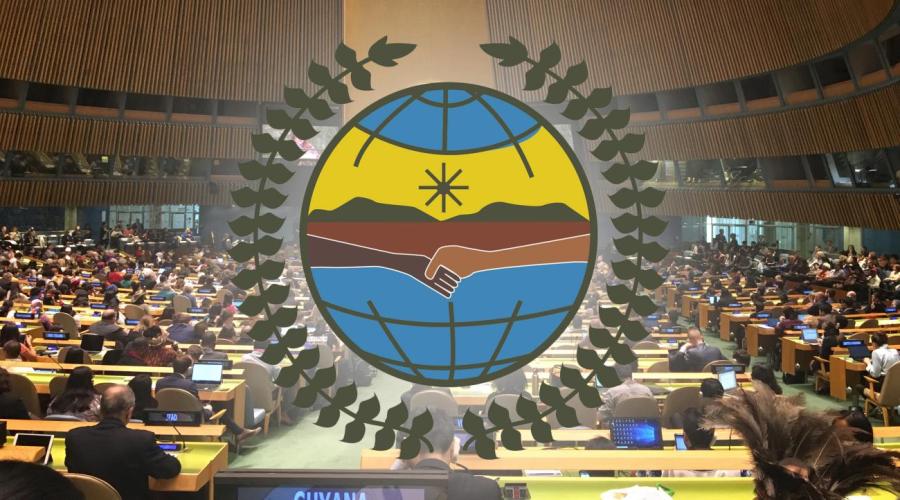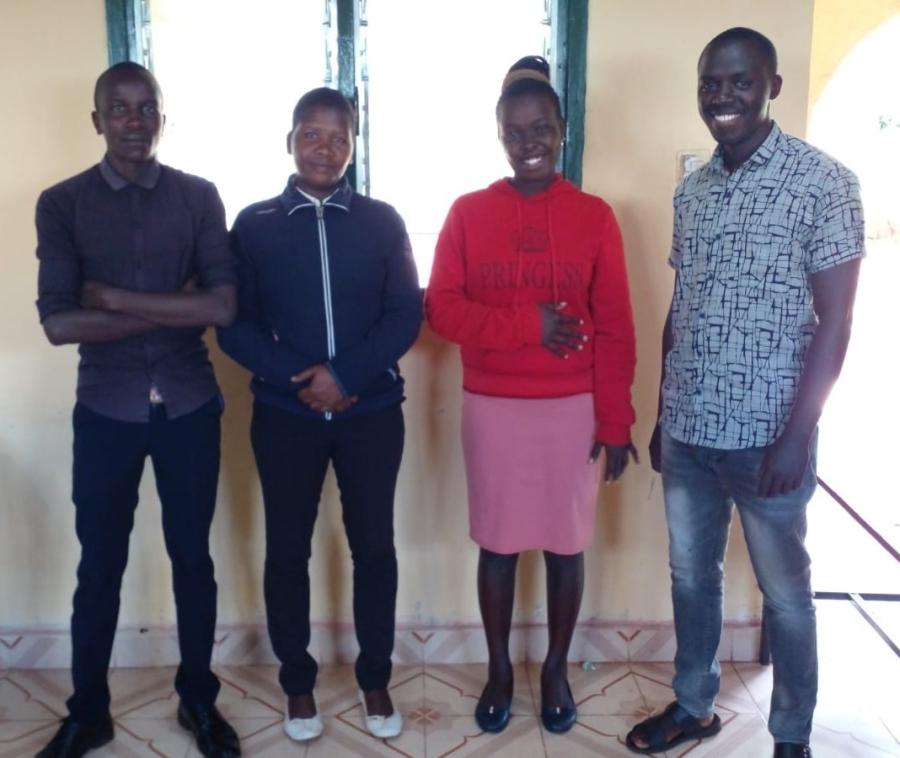When Cultural Survival was rounded, few people thought it would succeed or survive very long. It is, therefore, gratifying to say, a decade and a half later, that we are still here and more active then ever. The human rights of tribal peoples and ethnic groups are still being violated all over the world, but Cultural Survival is in the forefront of the struggle to prevent such outrages.
Jason Clay continues to document the abuses suffered by peoples who are forced into refugee status because of persecution of their ethnic group. His most recent report, based on research among Ethiopian refugees in the Sudan, indicates that hunger and forced relocation are being used by the government of Ethiopia as weapons against various ethnic groups in the country. This report attracted international press attention before its publication. We hope that it will eventually persuade governments and non-governmental agencies to reexamine their famine relief policies.
Ted Macdonald continues to work with MISURASATA, Brooklyn Rivera and other Miskito Indians in their efforts to settle their differences with the Sandinista government of Nicaragua. At the request of the Miskitos, Cultural Survival arranged for Ted Macdonald and Indian leaders from other parts of the hemisphere to attend the peace talks. We hope in this way to contribute to the solution of one of the most unfortunate conflicts in this hemisphere.
There is an aspect of our projects which deserves special mention, though. We normally give project funds to native or native support organizations. Ted Macdonald, as Projects Director, has been making a great effort to channel as much support as possible to the native organizations themselves, either by responding to their requests for project funds or by funding their organizational activities directly. Our projects summary shows that in the past year we have funded 11 Indian organizations in various Latin American countries - one of them, the Coordinating Group for Indian Organizations of the Amazon Basin, is an international one. Meanwhile I worked with the Ford Foundation in Brazil to help them develop ways of funding Indian and Indian-supporting organizations in that country.
It is Cultural Survival's hope that in time a worldwide network of native and supporting organizations can be set up and together right the wrongs that tribal peoples and ethnic groups struggle against. As a first step in that direction, Jason Clay, our editor, arranged with various Indian-supporting organizations in Europe that Cultural Survival would issue a joint list of their publications and ours, and that we would distribute their publications in this country. In addition, I have been arranging with environmentalists to set up a world-wide network that will help us jointly to monitor threats both to native peoples and to the environment. An early result of this collaboration was the testimony I presented, together with environmentalist speakers, before the Senate Appropriations Committee in September, on the way in which activities funded by World Bank loans had adversely affected native peoples in the Philippines, India, Paraguay and Brazil. On the basis of this record I expressed Cultural Survival's concern about the World Bank's funding of transmigration projects in Indonesia, under which Javanese are to be resettled in Irian Jaya (Western New Guinea) to the detriment of the local inhabitants and the environment. It is this kind of project which we plan to monitor through the international network.
Cultural Survival is now directly helping more people and, we believe, influencing more people, but it is all still done with a tiny staff. I have to pay tribute to the dedication of this small group of people who make it possible. Not just to my two fellow anthropologists on the staff, but to those who work to keep the organization going, to increase (and keep in touch with) our membership, to maintain the quality of our flow of publications and to keep in touch with the native groups whom we try to assist. Incredible as it may seem, this is all done by four and a half people and a constant stream of volunteers. We are proud to be an organization that does so much with so little, but we want to be able to do it well, to be effective in the struggle for a world where ethnic groups are not routinely treated with violence or discrimination. So we mobilize all the help we can, from our volunteers, from our networks around the world and, above all, from you who read these lines. Please help us in the future as much (if not more) than you have done in the past. Tell others about our organization so that we can increase our membership and the network of supporters on whom the success of our work depends. By helping others we help ourselves. Happy New Year!
Article copyright Cultural Survival, Inc.



